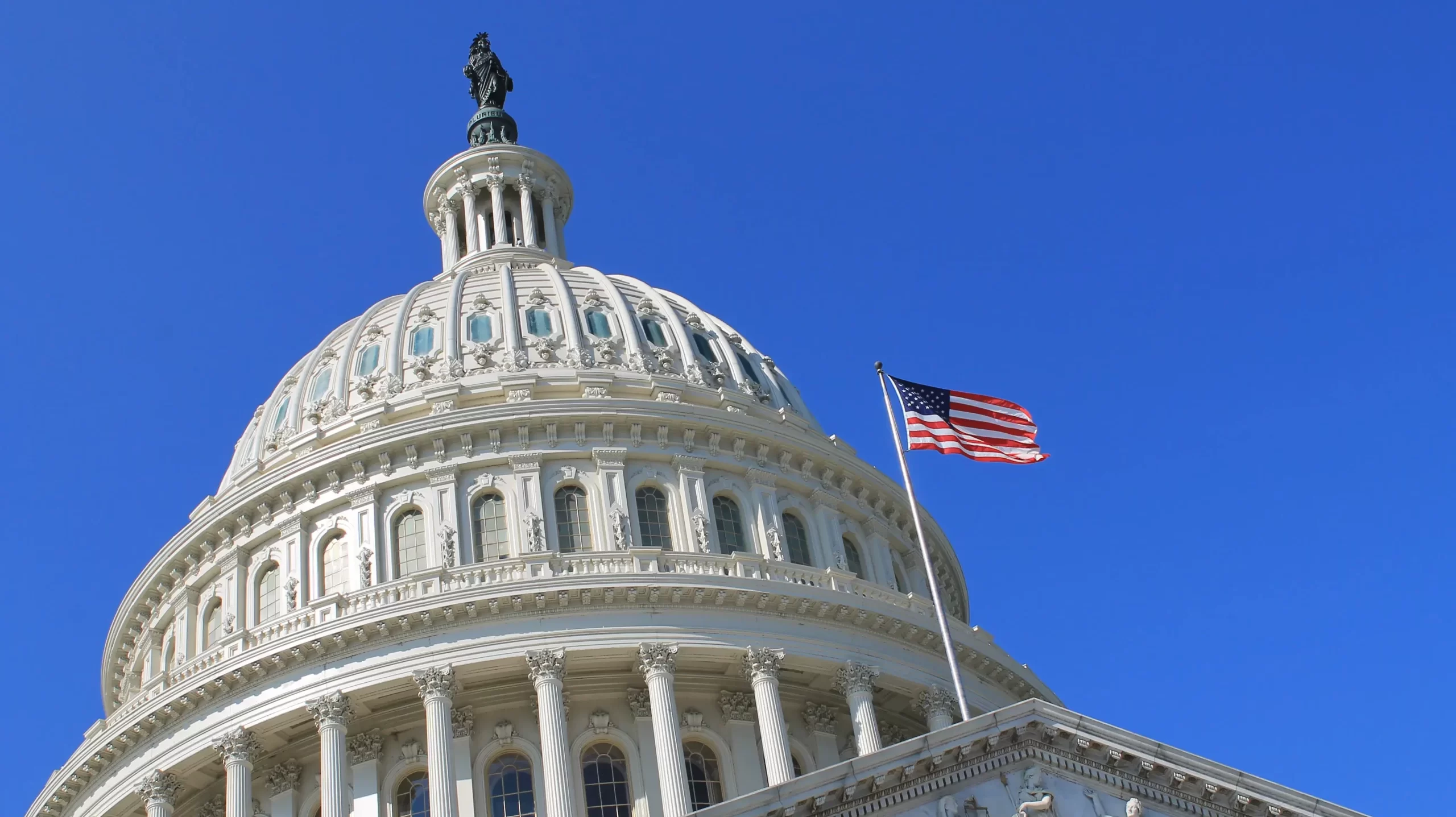|
Getting your Trinity Audio player ready...
|
The U.S. House of Representatives on Wednesday passed the National Defense Authorization Act, NDAA, for Fiscal Year 2025 with a bipartisan vote of 281-140. The legislation, authorizing $895.2 billion in defense spending, emphasizes enhancing the quality of life for service members and their families, bolstering military capabilities, and eliminating funding for certain initiatives within the Department of Defense.
Representative Dale W. Strong, R-AL, a member of the House Armed Services Committee, expressed his support for the bill, stating: “This year’s NDAA is laser-focused on improving the quality of life for service members and their families. It restores focus on military lethality and deterrence of our adversaries, boosts oversight and accountability, and guts funding for woke ideology at the Defense Department.”
He further highlighted the bill’s significance to his constituency: “The NDAA is critically important to Redstone Arsenal, the hundreds of service members, thousands of civilians, contractors, military retirees, and their families here in North Alabama. I am proud to support the NDAA’s investments in North Alabama, which highlight the region’s importance to U.S. national security.”
House Armed Services Committee Chairman Mike Rogers, R-AL, commended Rep. Strong’s contributions, stating: “Rep. Strong fought hard to ensure that the FY25 NDAA improves the quality of life for Alabama’s servicemembers, strengthens our military, and supports the crucial role Alabama plays in our national defense. I thank Rep. Strong for his continued leadership on the House Armed Services Committee.”
Key provisions of the NDAA include:
- Service Member Quality of Life Enhancements: Authorizes a 14.5 percent pay raise for junior enlisted service members and a 4.5 percent raise for all other service members. It also mandates the implementation of a digital tool for military families to manage on-base housing maintenance requests and enables the recruitment of additional mental health providers.
- Investments in North Alabama: Allocates $17 million for a “Huntsville Readiness Center” for the Alabama National Guard and $40 million for “Ground Test Facility Infrastructure” at Redstone Arsenal. Additionally, it authorizes over $200 million for various projects within Alabama’s 5th congressional district.
- Acquisition Reform and Industrial Base Readiness: Establishes pilot programs to enhance access to classified commercial infrastructure for small businesses and institutions of higher learning, and permanently authorizes the DoD’s Accelerate the Procurement and Fielding of Innovative Technologies, APFIT, program.
- Deterring U.S. Adversaries: Prohibits the sharing of information on U.S. strategic nuclear forces with Russia and restricts funding for transporting resources to the Taliban or the Islamic Emirate of Afghanistan.
The NDAA now advances to the Senate for consideration. If approved, it will proceed to President Biden for final approval. The bill’s passage reflects a concerted effort to prioritize the well-being of service members while addressing national security challenges.





















































